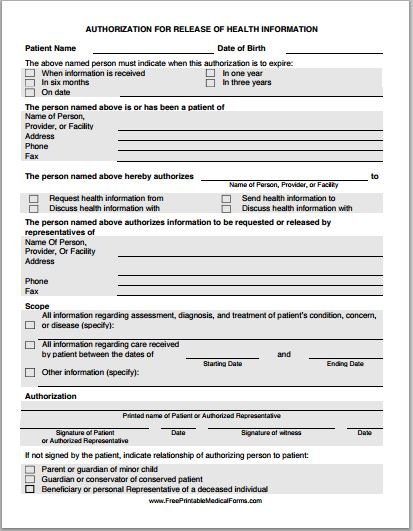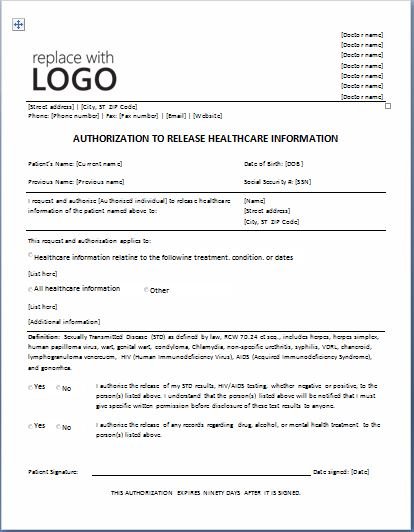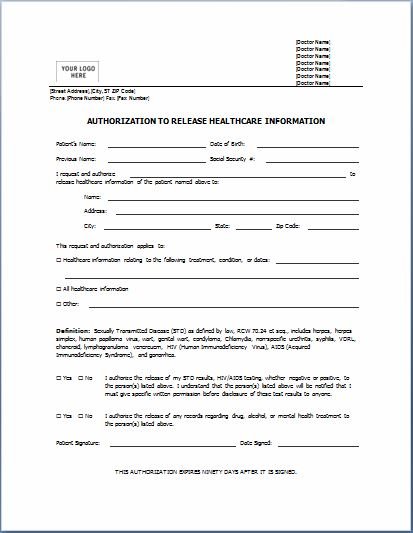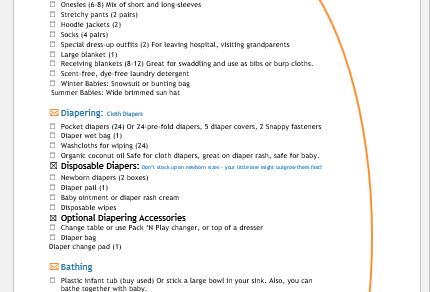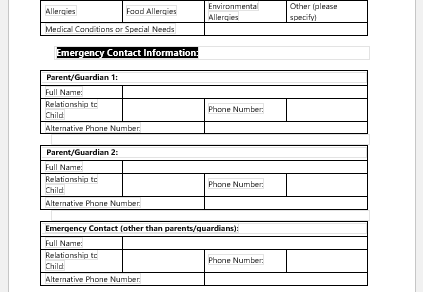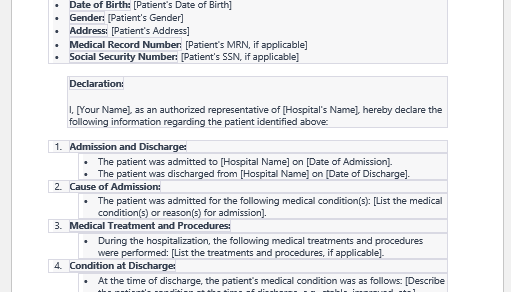Medical practice is always based on a code of conduct which makes all health professionals bound to follow the ethics and rules mentioned in the medical code of conduct. One of the many components of this medical code of conduct is the confidentiality of the patient.
Confidentiality of the patient means that any information related to disease or any other information of the patient can never be disclosed by the health professional or health care unit in any form. It is the utmost priority of the doctor or any other health professional that keeps information regarding any patient to himself and never mention it to anyone until and unless recommended otherwise.
Situations in which the confidentiality of the patient can be disclosed
There are certain and very rare situations in which the confidentiality of the patient can be disclosed. Let us have a look at them briefly.
- If the patient consents to the disclosure of information
- If the patient is a minor and his details have to be shared with his parents. In such cases the consent of parents is necessary
- If there is a chance of the spread of diseases for example AIDS, hepatitis tuberculosis, and sexually transmitted diseases
- In rare medico-legal situations
Medical release form
- A medical release form is basically a consent form in which a patient allows the disclosure of his medical information for any reason.
- This form must be thoroughly and carefully filled by the patient himself or the guardian in case the patient is a minor or is in a coma or is unable to consent for any reason.
- So a medical release form begins with the personal details of the patient in which the form asks for the name, age, gender, and contact details. This information is also confidential and can only be disclosed with permission from the patient himself.
- In the second section of a medical release form, the patient declares in his own handwriting that he allows the sharing of his personal and medical information. In this section, he does mention the name of the doctor who is allowed the disclosure of a patient’s information. The purpose of mentioning this is that only the mentioned doctor is allowed and no other person is allowed to do this act of disclosure. The name of the doctor is mentioned with his address and contact information as well.
- In the third section, the patient fills out the form and a request to release the particular information. It means that the patient mentions which type of information is allowed to be shared by the doctor. It can include the diagnosis of the patient, the course and prognosis of the treatment, and all the treatment options.
- A patient who consents to the medical information release has to sign this document and mention that he is consenting to this disclosure of his own will. Sometimes, witnesses are also required for this process.
- If the information to be shared is sensitive and highly confidential, another declaration and affidavit are signed in the presence of witnesses.
- Some medical release forms may have a column for the reason of declaration of information as well.

